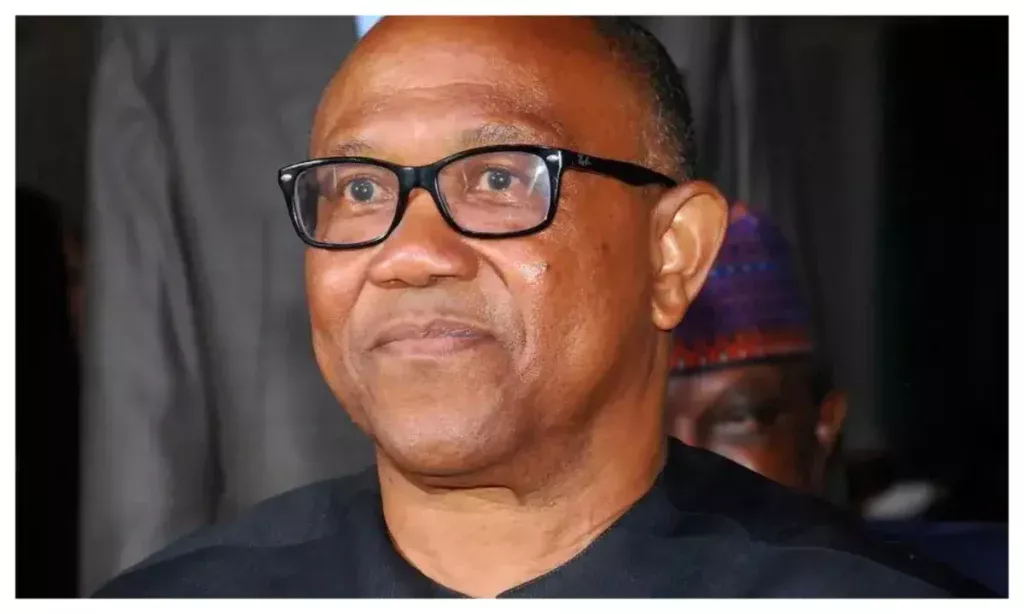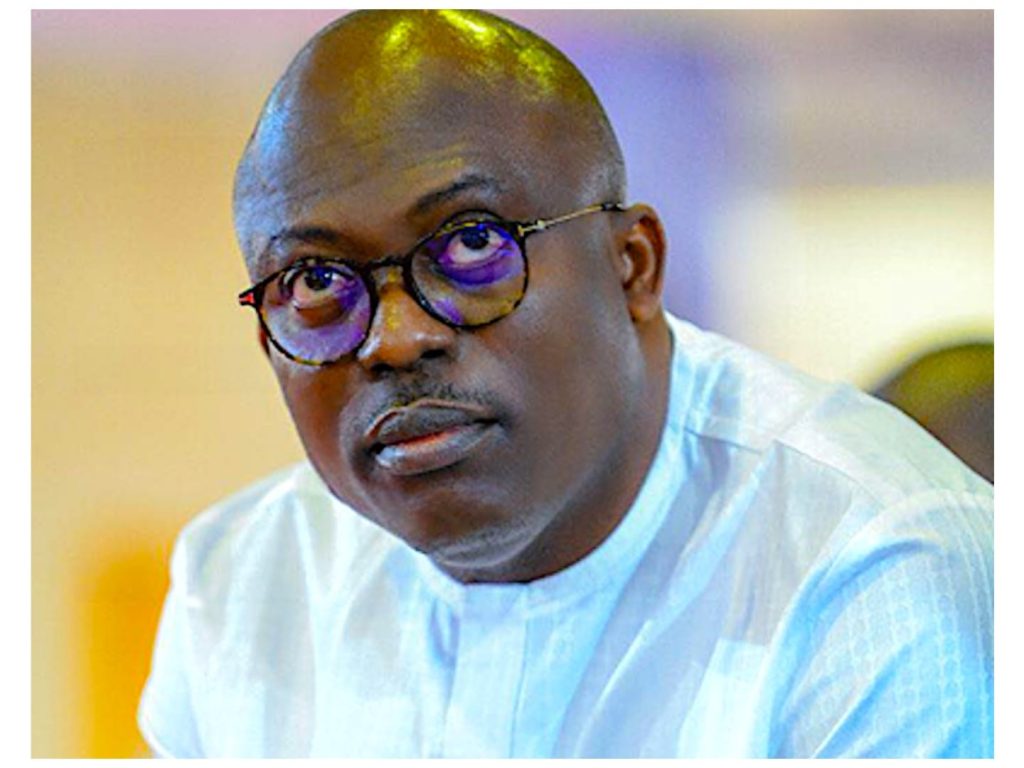Retired Major-General Muhammadu Sani Sami, the Emir of Zuru in Kebbi State, Nigeria, passed away on Saturday night at the age of 81. His death, confirmed by Kebbi State authorities on Sunday, followed an illness and occurred at a hospital in London. The announcement was made by Alhaji Garba Umar-Dutsinmari, the State Commissioner for Local Government and Chieftaincy Affairs, through a statement issued by the governor’s chief press secretary, Alhaji Ahmed Idris.
A decorated military leader and revered traditional ruler, Sami transitioned from a distinguished 33-year career in the Nigerian Army to become a stabilizing figure in Zuru’s governance. Joining the army in December 1962, he trained at the Mons Officer Cadet School in Aldershot, England, and rose through the ranks to become a Major-General. His service included pivotal roles such as Military Administrator of Bauchi State (1984–1985), instructor at the Nigerian Army School of Infantry, Commanding Officer of the 82nd Division, and General Officer Commanding the 1st Mechanized Division in 1988.
Appointed Emir of Zuru in 1995, Sami oversaw the emirate for nearly three decades, balancing traditional leadership with insights from his military career. Kebbi State officials highlighted his contributions to stability and community development, emphasizing his dual legacy as both a strategist and a custodian of cultural heritage.
The late emir is survived by four wives and seven children. In a statement, the Kebbi government extended condolences to his family, the Zuru Emirate Council, and residents across the state, invoking a prayer for divine forgiveness and eternal peace. “May the Almighty Allah grant him Jannatul Firdaus,” Umar-Dutsinmari said, referencing the Islamic concept of the highest paradise. Burial plans remain pending, with details to be announced by the emirate council.
Sami’s death marks the end of an era for Zuru, a region in northwest Nigeria where traditional institutions play a vital role in local governance. His life reflects a trajectory common among Nigeria’s post-independence leaders—military service followed by community leadership—a path that shaped political and cultural landscapes in many regions. As tributes pour in, focus turns to his successor, who will inherit the responsibility of navigating Zuru’s complex socio-political dynamics in a rapidly modernizing Nigeria.



